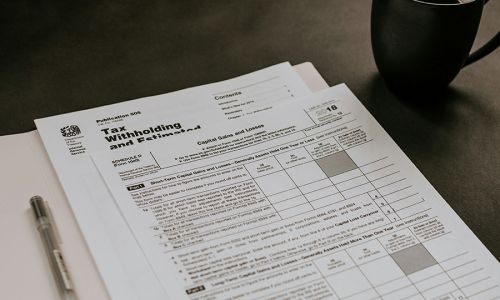
When a bank tells you your funds are “OFAC-blocked,” it means they believe U.S. sanctions law requires them to freeze the money, or other property, until there’s a clear legal reason to release it. In reality, getting blocked funds released isn’t about arguing or persuading the bank; it’s about following the right process and providing a complete, bank-ready package of evidence.

By the time a client realizes their name is circulating through international channels, the damage is often already done. Travel plans fall apart. Banks tighten KYC and compliance reviews. Professional credibility becomes collateral in an opaque system of “international cooperation” that most people never think about until it starts working against them.

The U.S. Department of Commerce’s Bureau of Industry and Security (BIS) is responsible for enforcing the Export Administration Regulations (EAR) — the rules that control the export, reexport, and even in-country transfer of commercial items, “dual-use” technologies, and certain military-related products.

The IRS Whistleblower Program is one of the most powerful — and financially rewarding — tools in the U.S. enforcement system. Created to help expose serious tax fraud, evasion schemes, and large underpayments, the program allows individuals to report violations confidentially and earn up to 30% of the government’s recovery.

Since the Dodd–Frank Act of 2010, the SEC has fundamentally reshaped how securities fraud and corporate misconduct are detected and addressed. Through its Office of the Whistleblower (OWB), the Commission has recovered billions in penalties and awarded over $2 billion to individuals whose insider information helped uncover violations.

 English
English  Español
Español  Русский
Русский  Turkish
Turkish  Persian (فارسی)
Persian (فارسی)  Arabic (العربية)
Arabic (العربية)  简体中文 (中国)
简体中文 (中国) 


